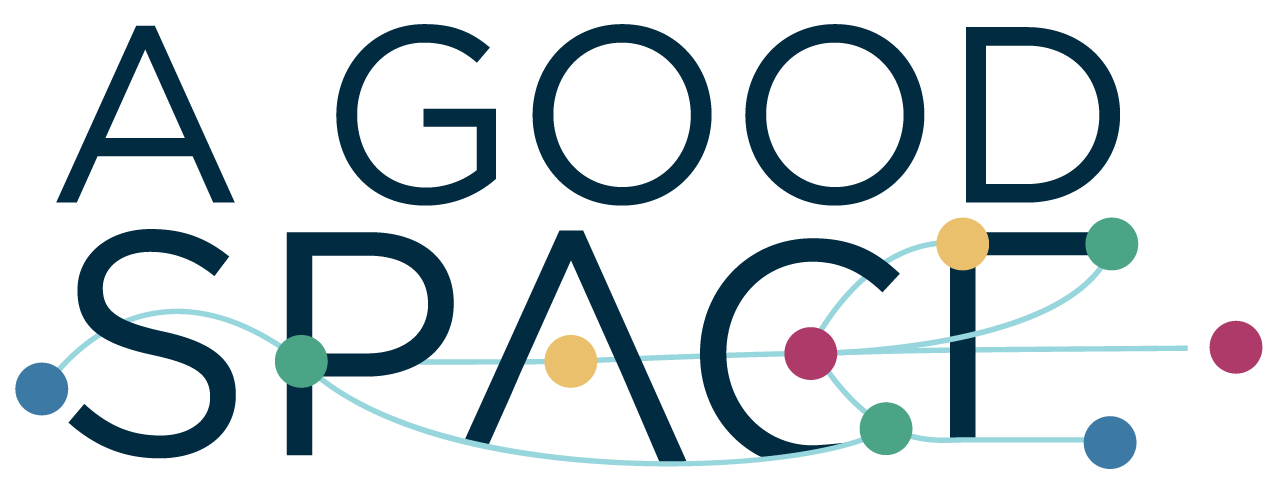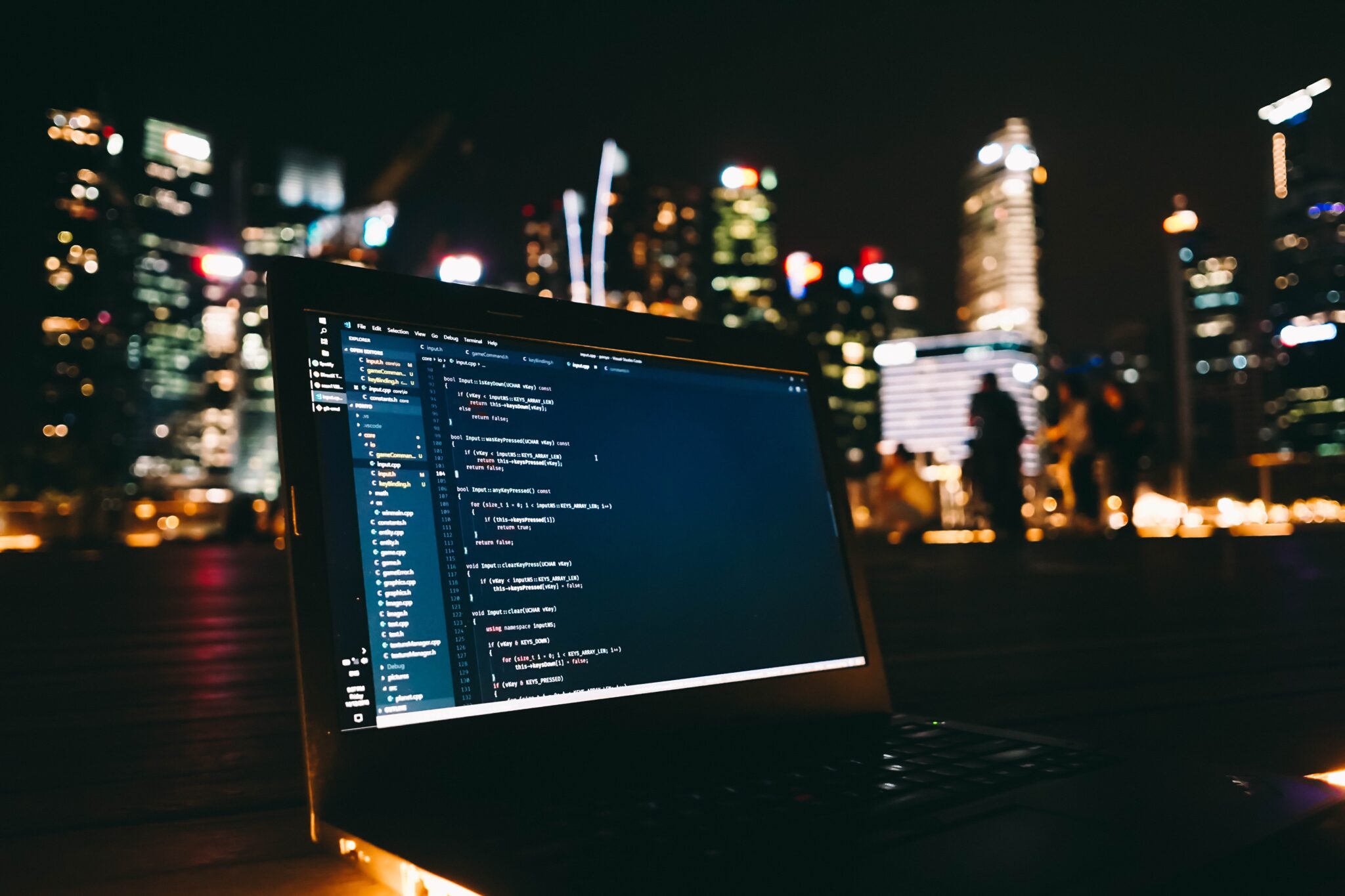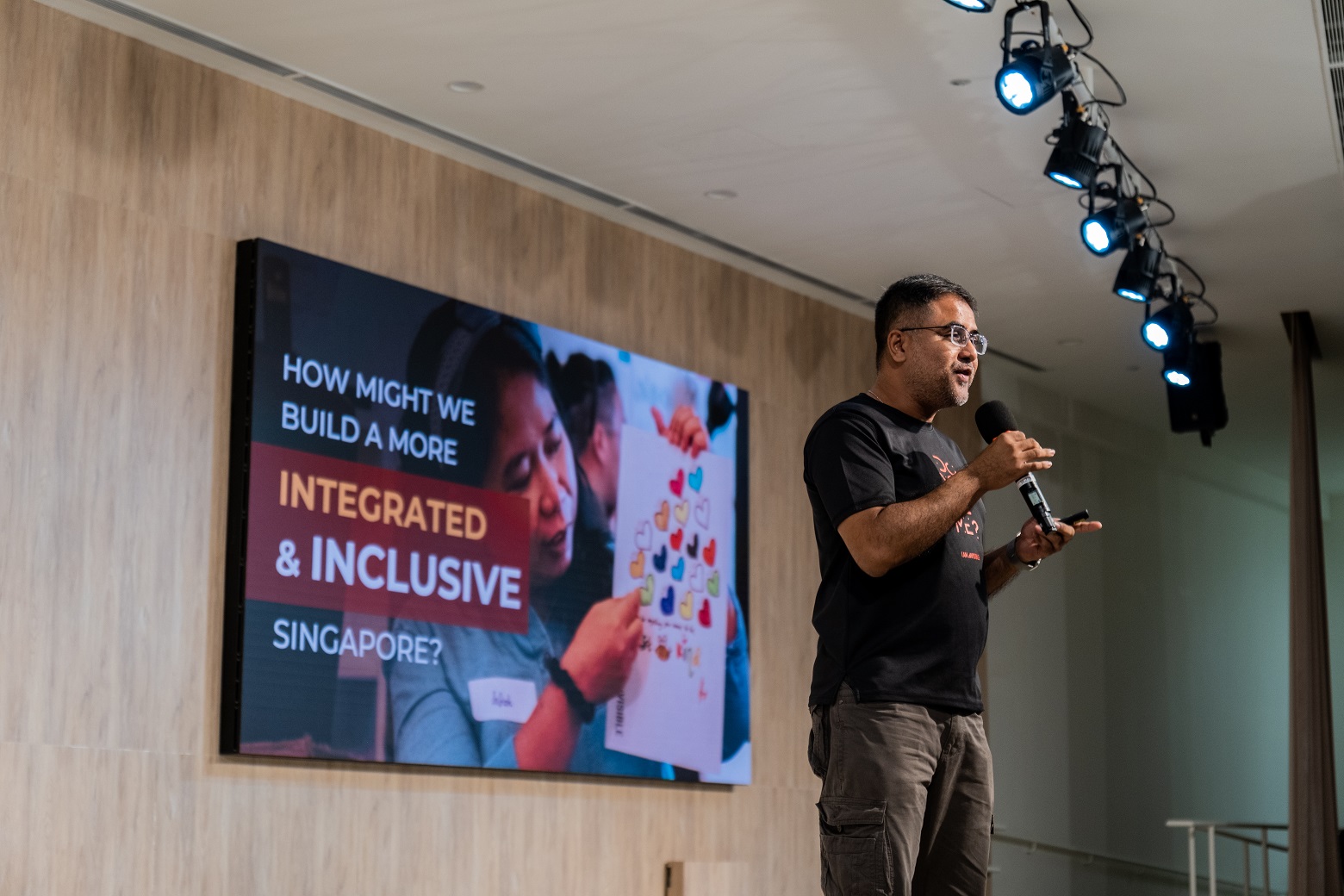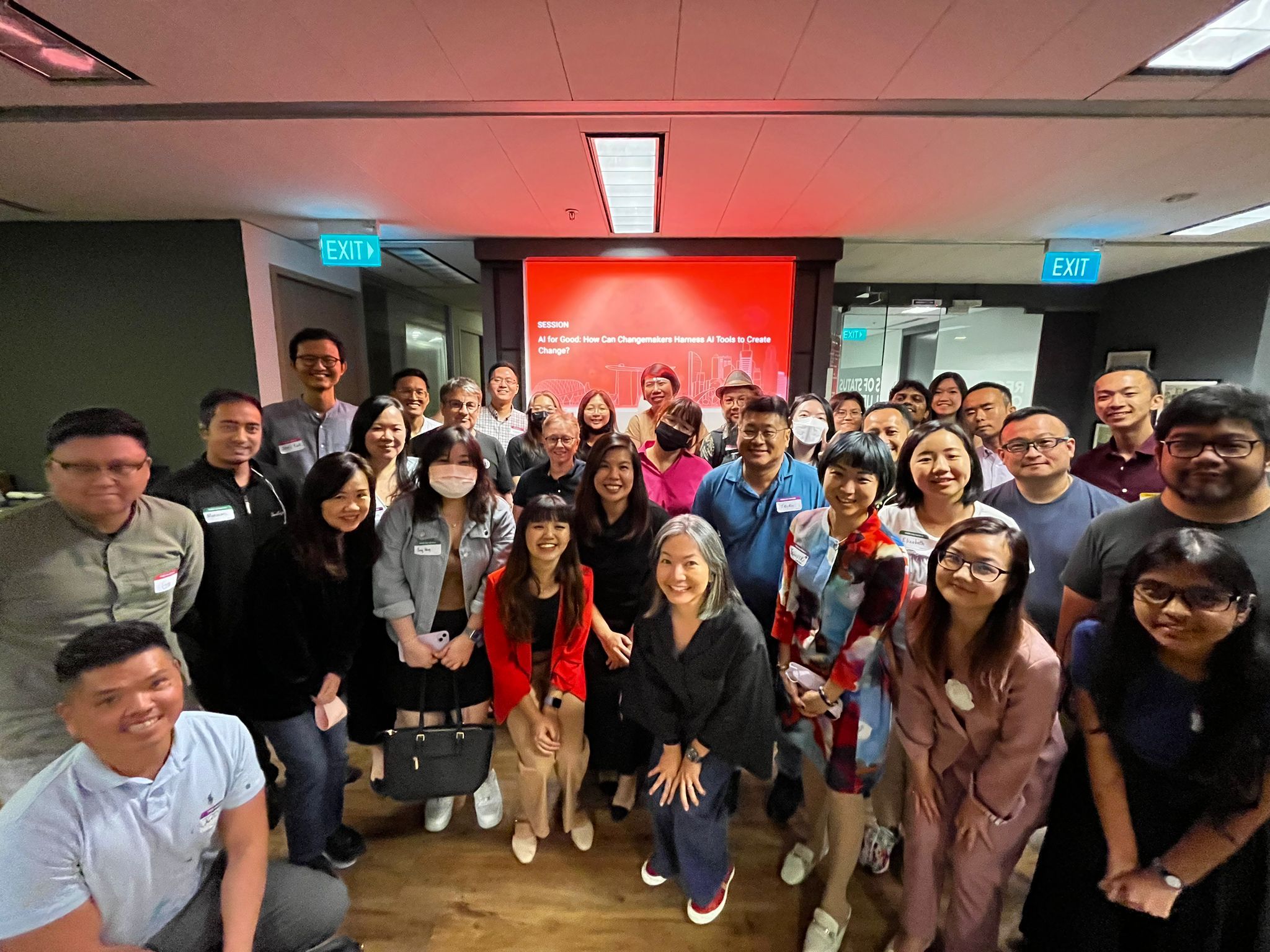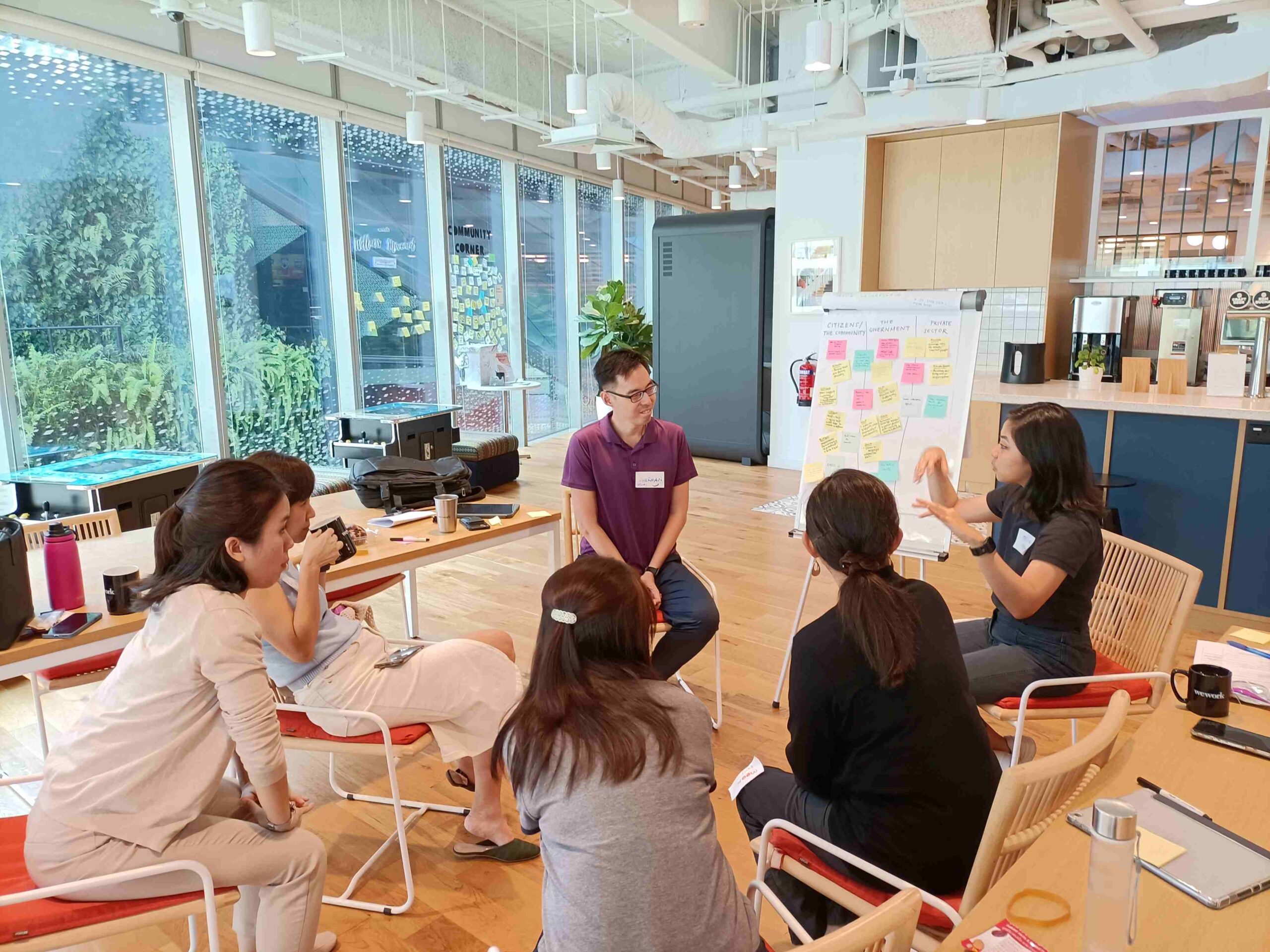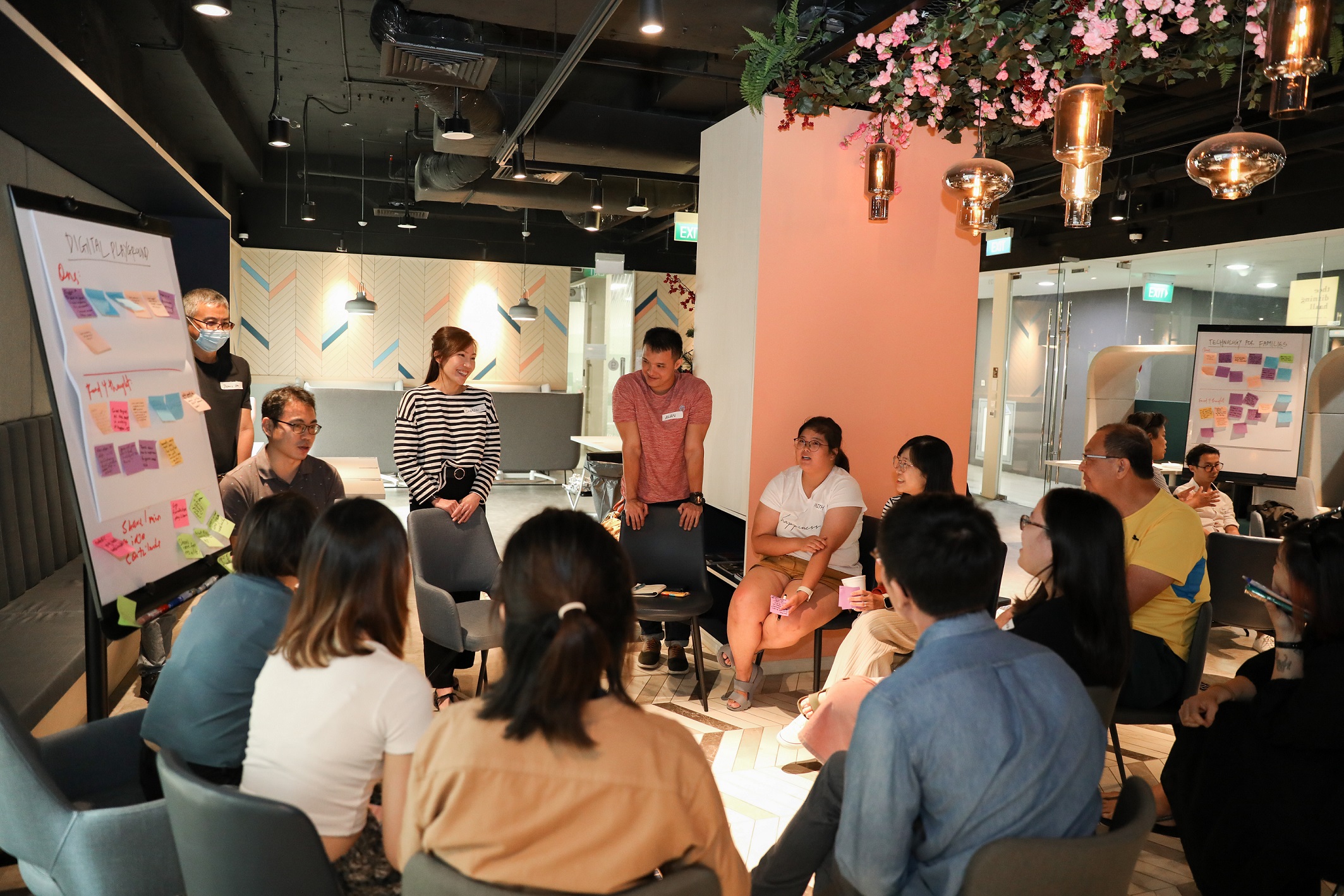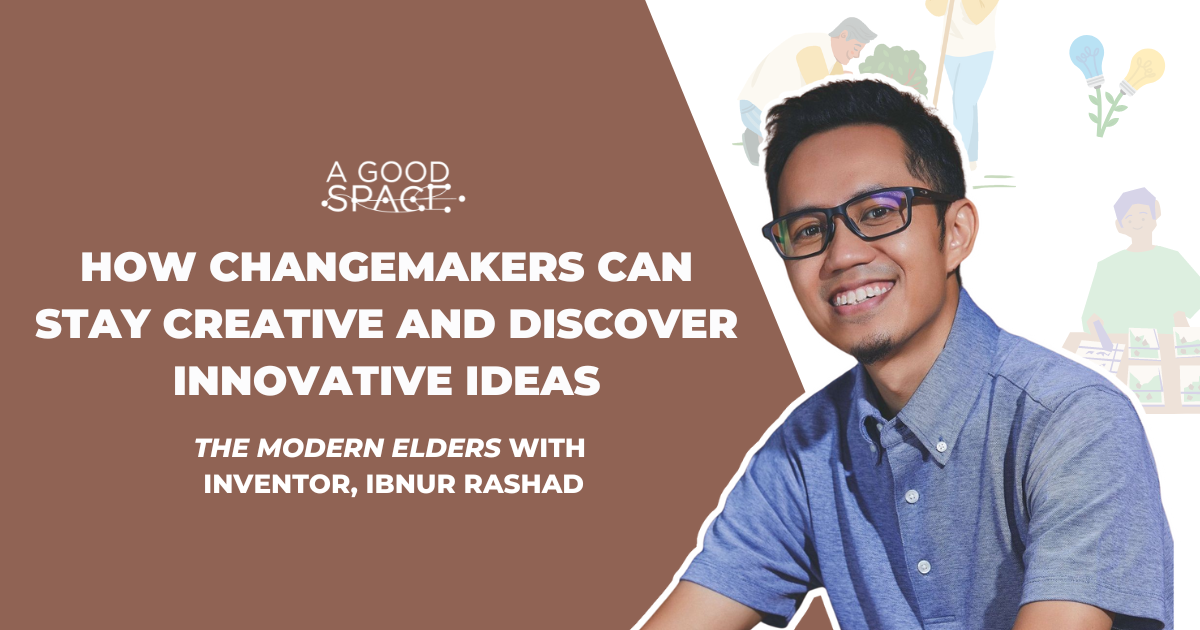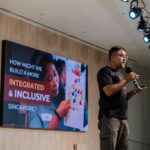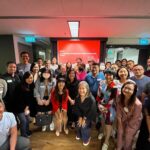“It’s not a faith in technology, it’s a faith in people.” — Steve Jobs.
He then further elaborated that tools were just tools but it is the people behind these tools and how they chose to use them that are important.
In the hands of a changemaker, technology can unlock so many possibilities for different vulnerable communities. For example:
• Could it empower persons with disabilities by increasing their independence?
• Could it bridge the digital divide, possibly reducing income inequality in Singapore?
• Could it create a platform for Singaporeans, like you and me, to communicate our requests to the government?
The Civic Technology movement could make all these possibilities a reality; read on to discover how 6 local changemakers have harnessed the power of technology to empower the lives of people across different communities!
Creating Possibilities for Working Caregivers
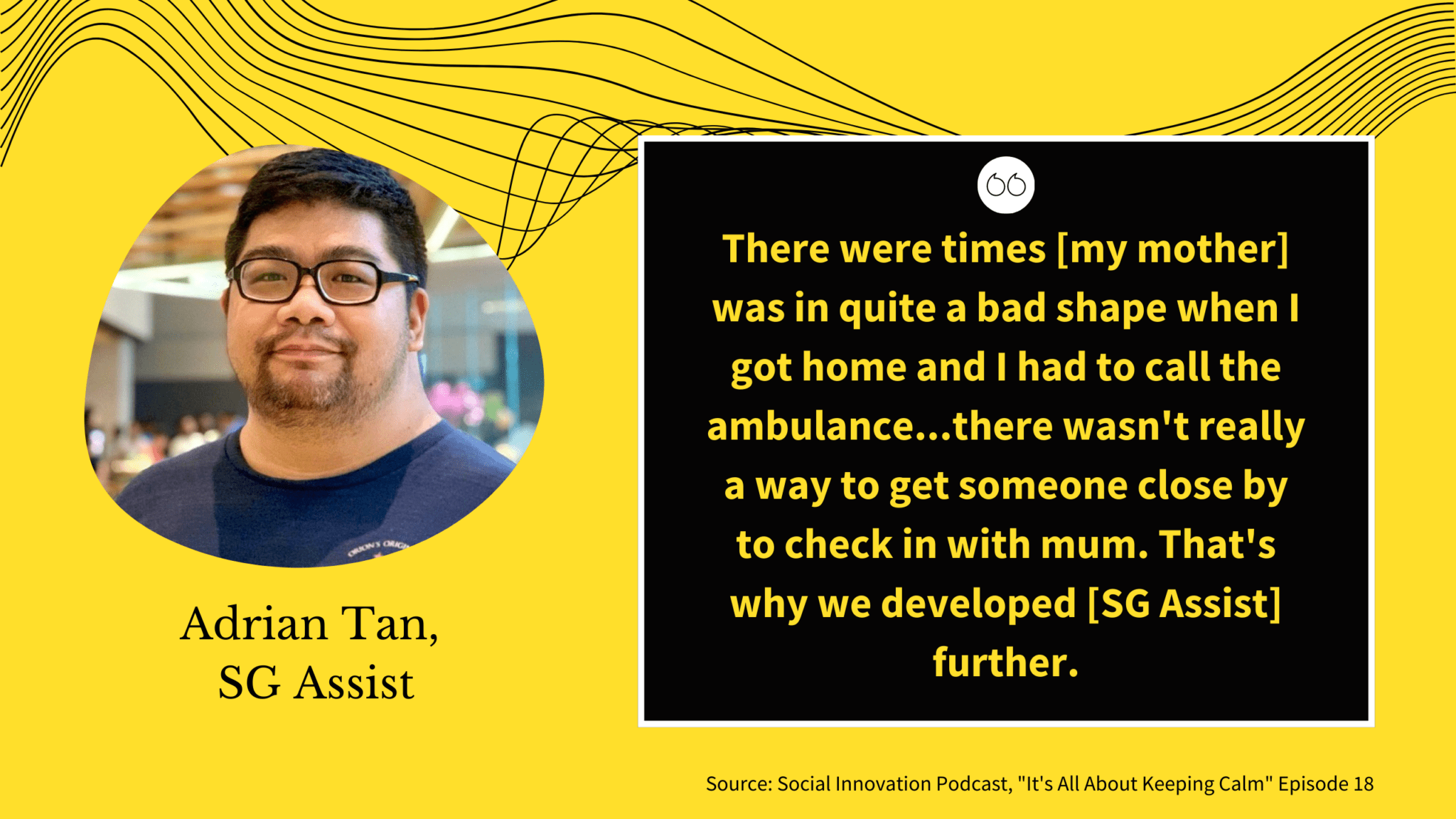
Imagine this: You are in an intense meeting at work when your phone rings.
Your elderly parent who has been struggling with mental health issues and poor health is on the line, crying and calling for you to come home. You rush home from work to care for them.
You can’t afford to hire a domestic helper and you can’t afford to take any more days of leave from work. How long can you continue this cycle?
Working caregivers in Singapore are often met with an overwhelming set of responsibilities, which not only causes a decrease in their work performance, but also possible burn-out. In the long run, their mental well-being is at risk.
Having been a working caregiver for his mother, Adrian Tan, a member of the A Good Space community, was inspired by his lived experiences to alleviate the struggles of caregivers.
This led to him co-founding SG Assist in 2018, which aims to rebuild kampung culture by creating avenues for communal caregiving support.
Through real-time connection between Community Volunteers and caregivers on the SG Assist App, caregivers can eliminate the need to shuffle in and out of their workplace and residence as they can access timely and affordable assistance for their loved ones at home through Community Volunteers living nearby.
In a typical scenario, caregivers can request for help on the app which would then be answered by a Community Volunteer who would make their way down to the given destination to check up on the loved one.
Other requests include: helping to take their loved ones to polyclinic appointments, buying groceries, or simply just providing a listening ear.
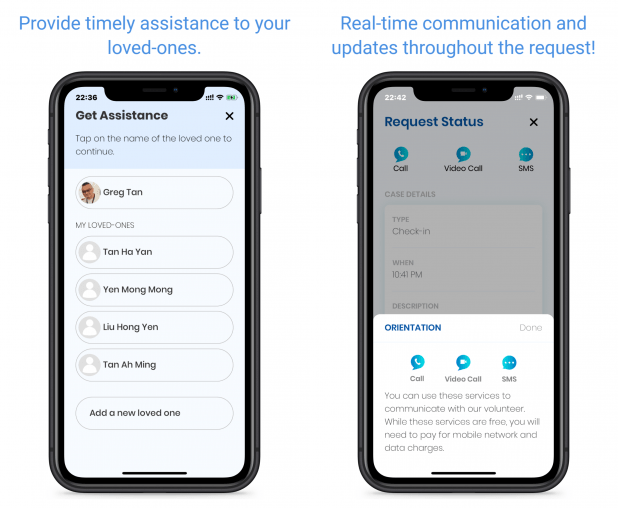
To supplement efforts from the mobile application, SG Assist also has a supporting hotline, CareConnect, which is a one-stop service hotline that caregivers can call to get help with their various caregiving needs.
Through these initiatives, working caregivers are afforded a peace of mind when at work and can focus on providing their best care for their loved ones without feeling overstretched.
SG Assist has already seen over a thousand calls for help and plans to increase the coverage of their app to even more members of the community!
Check out the SG Assist app here.
Creating Possibilities for Citizen Participation
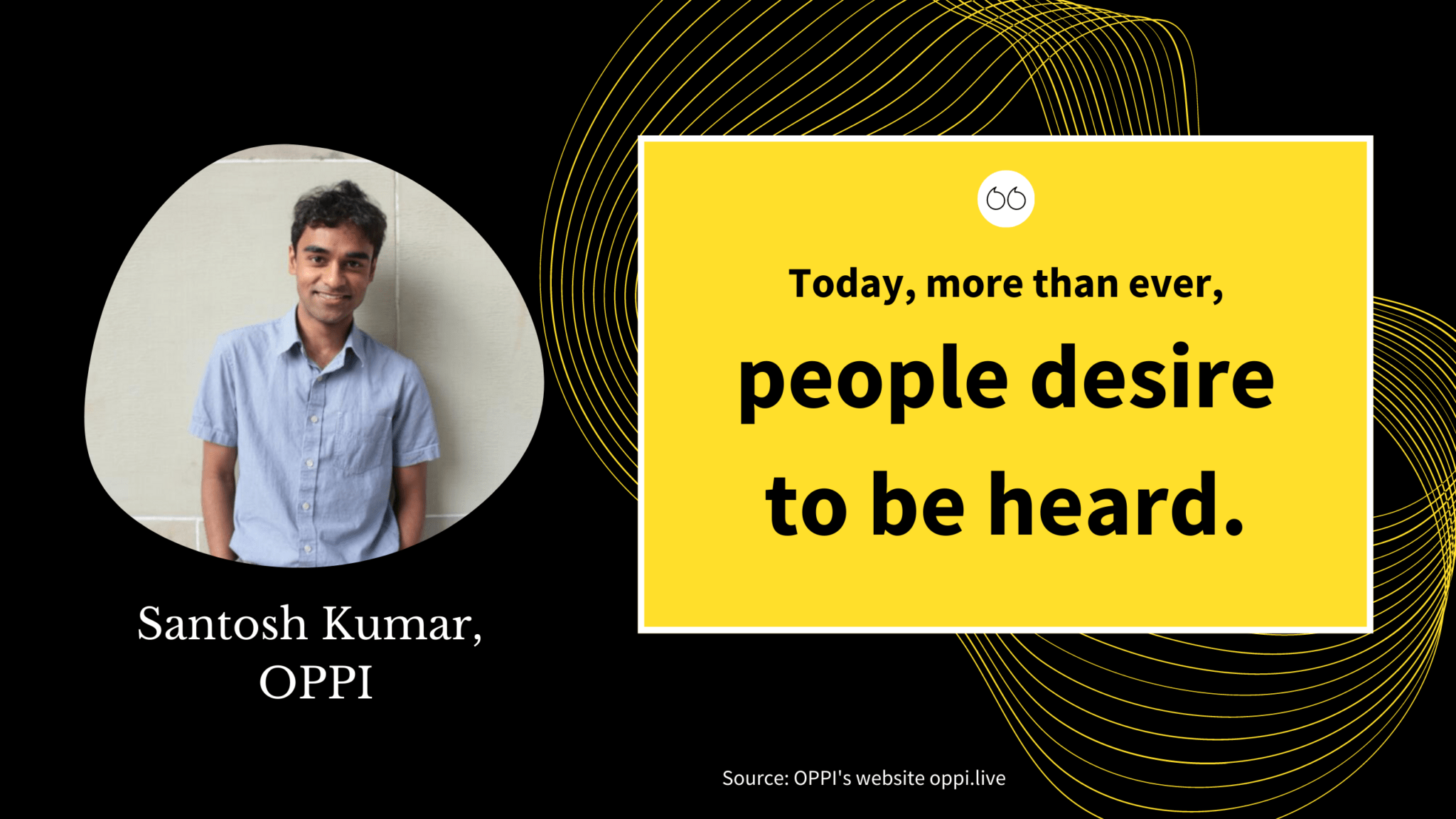
Participative democracy is the name of the game for OPPi’s project lead, Santosh Kumar, who is also a member of A Good Space. OPPi functions as an AI-powered opinion crowd-sourcing platform.
Different topics are put out for members of the public to vote on, with members of the public also being able to contribute their opinions for others to vote on.
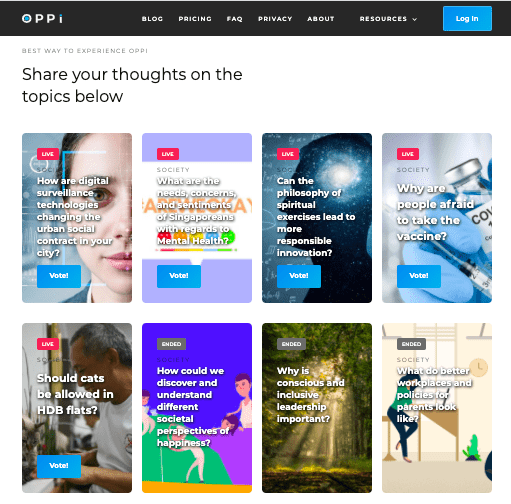
One example of how OPPI has done so would be an event A Good Space organised recently, “The Ground Speaks: Budget Conversations 2021”, in conjunction with CAPE.
In light of the 2021 Budget, we gathered changemakers and consulted them on how the Budget could address the needs of our low-income communities adequately.
They gave us recommendations and we polled the general public on these suggestions, using OPPi. Through OPPi, we were able to identify which recommendations had consensus and which were more divisive.
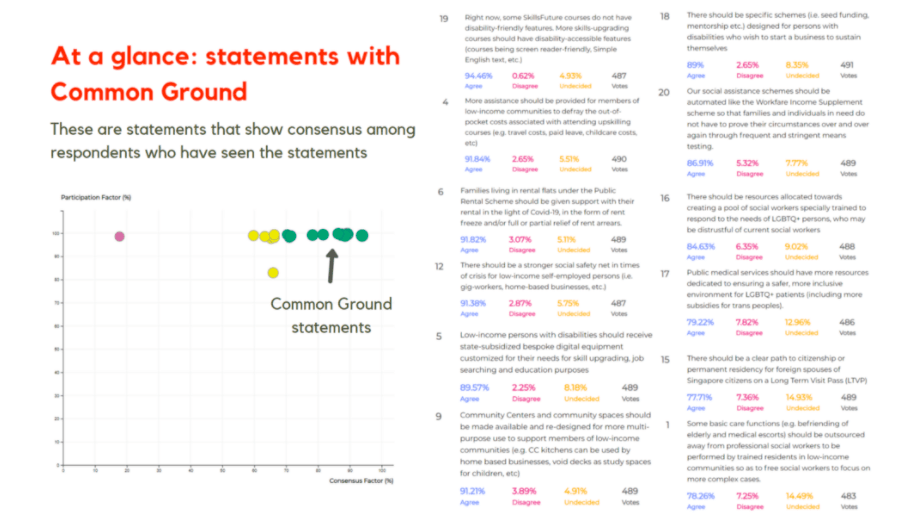
We then shared the insights from the OPPi poll with 3 Parliamentarians — Mr Louis Ng (MP, Nee Soon GRC), Mr Pritam Singh (MP, Aljunied GRC) and Ms Shahira Abdullah (NMP) for their consideration ahead of the Committee of Supply debates.
We also organised a dialogue where they could discuss these findings with citizens.
With OPPi, policymakers and leaders can quickly get a pulse check on the sentiments of Singaporeans towards various issues. The possibility of a more civically involved society could come sooner than we think!
Check them out here.
Creating Possibilities for the Migrant Worker Community
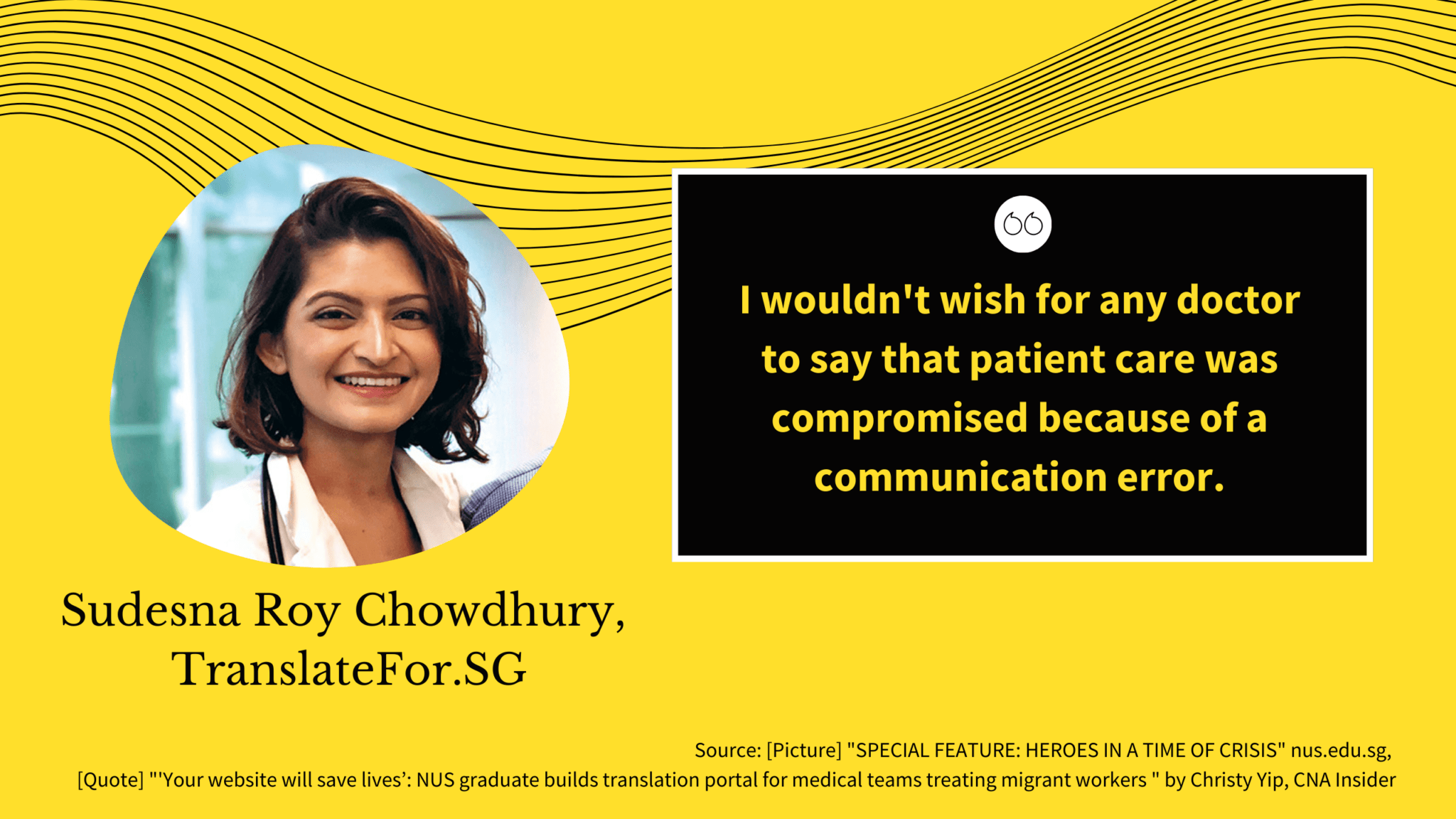
The recent COVID-19 pandemic has highlighted the plight of migrant workers, many of whom were subject to less than ideal living conditions in packed dormitories.
As COVID infections spiked within the migrant worker dormitories during the peak of the pandemic, one of the main issues faced by healthcare workers was communicating with migrant workers of different nationalities, who spoke different languages and dialects.
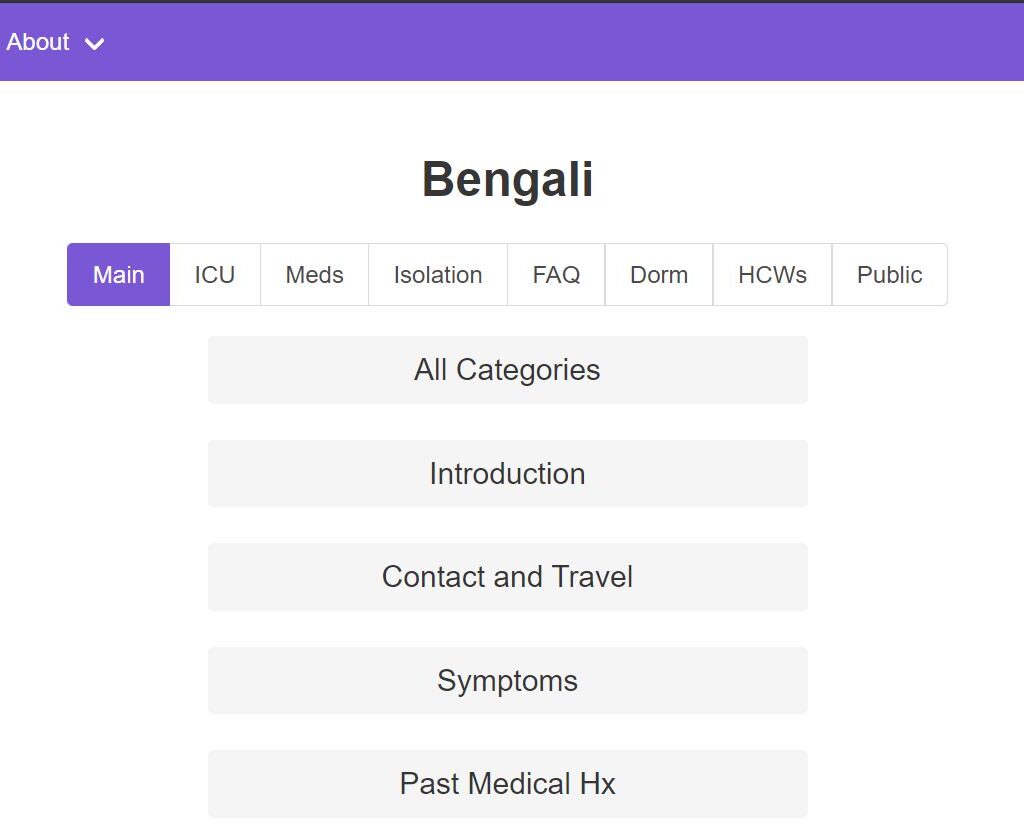
In response to such difficulties, Sudesna Roy Chowdhury developed TranslateForSG, a Bengali translation tool tailored for medical practitioners.
More volunteers later contributed with different languages, which was later extended to TranslateForSG.
Check TranslateForSG out here.
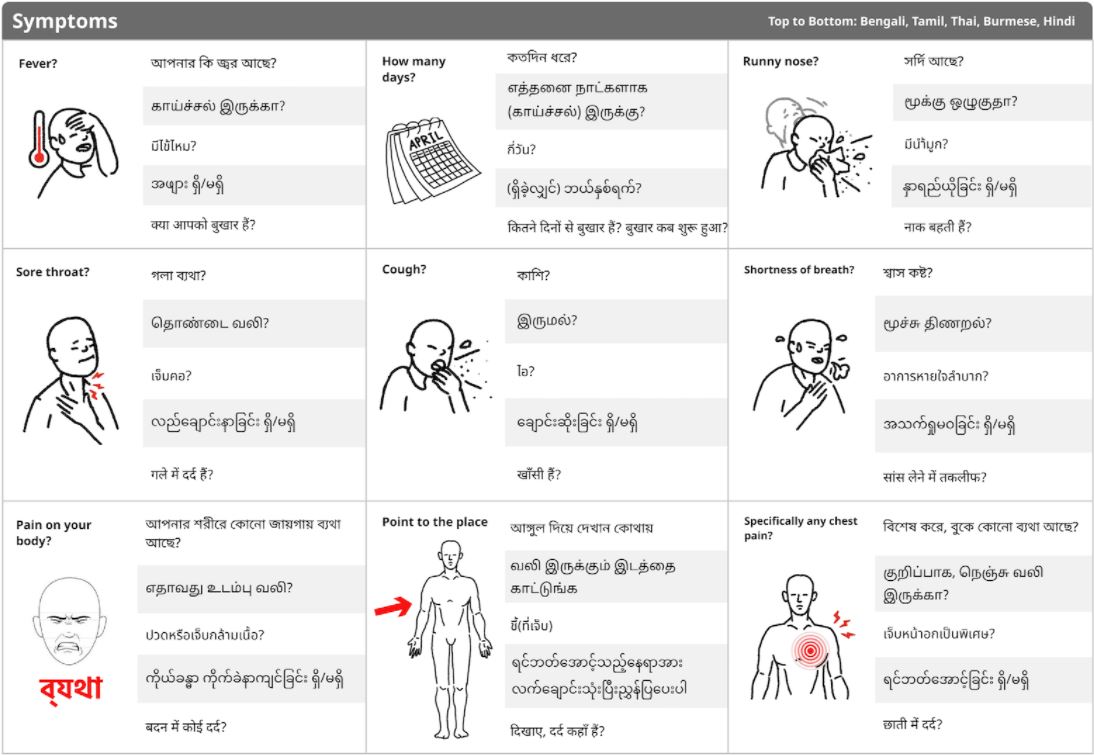
Similarly, Jason Leow and Shaina Tan developed Visualaid.sg, a resource site that contained flashcards with illustrated diagrams to bridge the translation gap between migrant workers and healthcare practitioners. Check it out here.
Undoubtedly, these ground-up initiatives had an enormous impact on pandemic response by allowing medical practitioners to communicate swiftly with the migrant worker community amidst the heat of the COVID-19 pandemic.
Creating Possibilities for social service communities
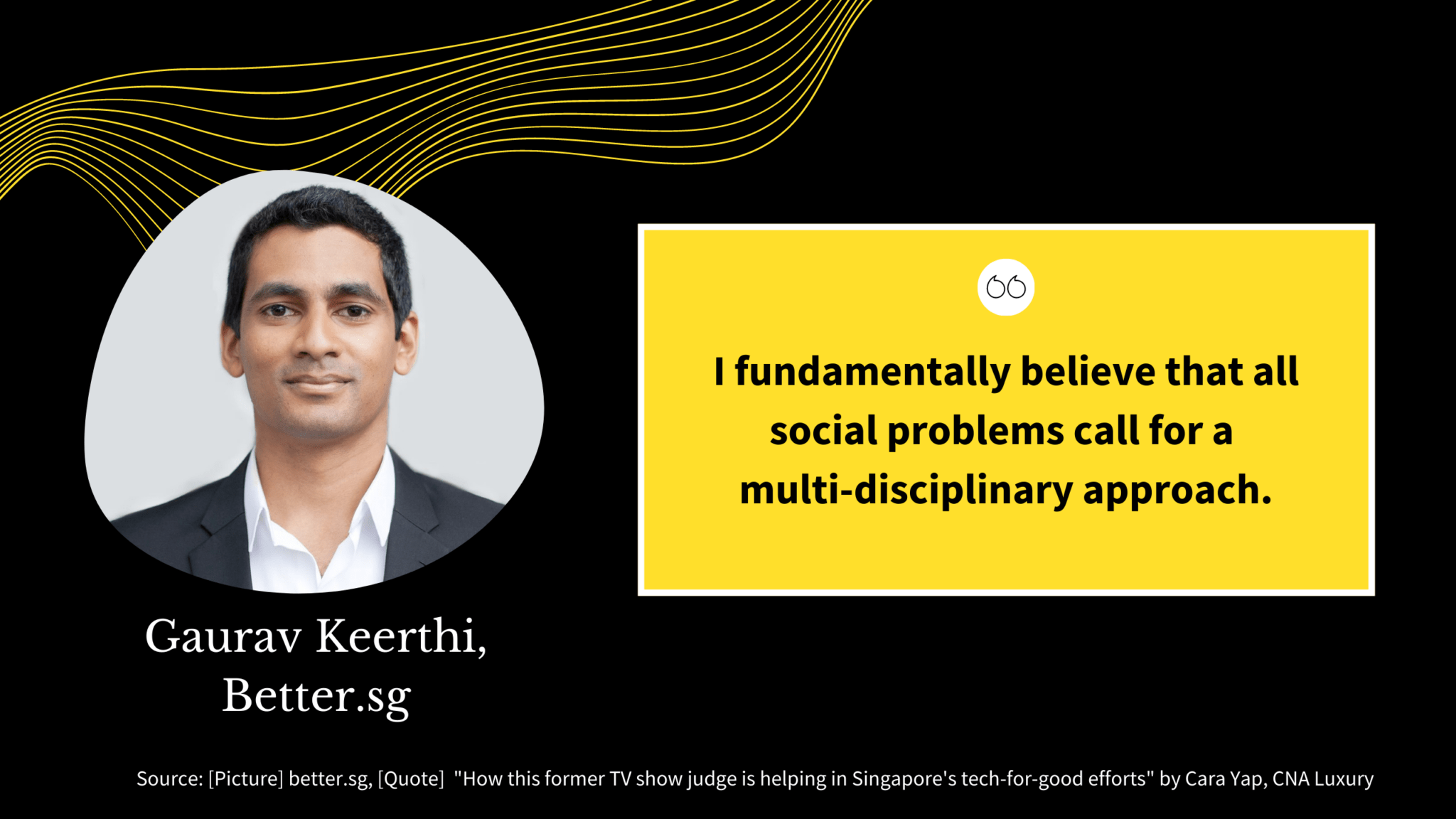
Championing the #techforgood movement in Singapore is Better.sg, a collective of individuals focused on supporting the existing #techforgood community, developing new civic tech projects and supporting non-profit organisations to do more good by harnessing technology.
One such tool that has come out of the volunteers of Better.sg is SchemesSG, an AI-enabled, searchable index of social assistance schemes that allows for easier and faster research by social workers and volunteers.
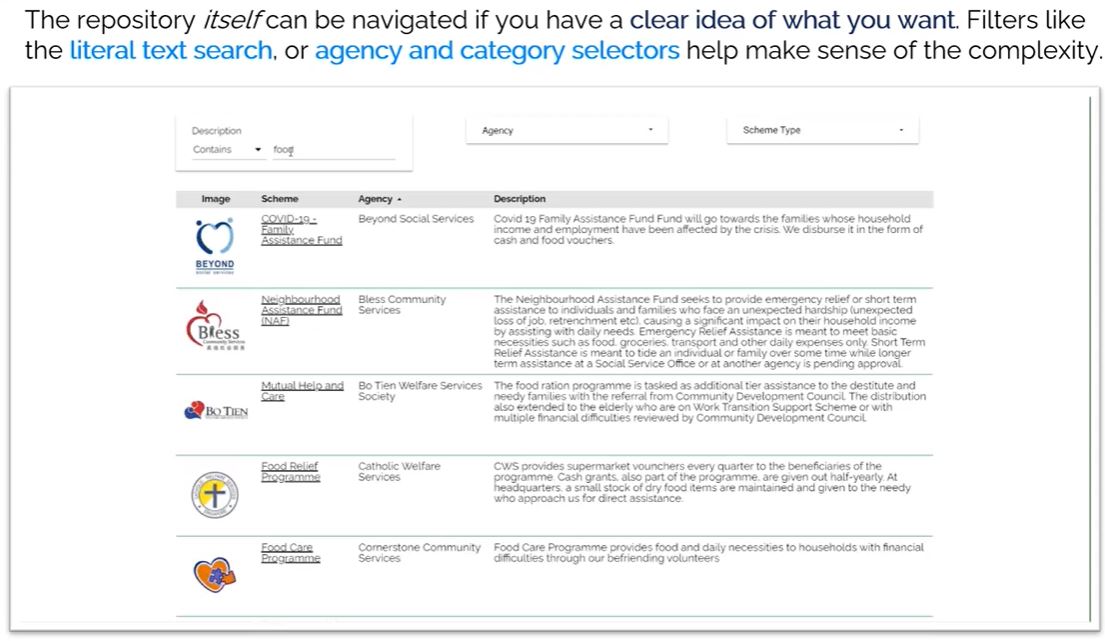
After learning about how many social assistance schemes there were out there and the difficulties that social organisations faced in navigating this sea of schemes, Tan Weilie developed SchemesSG to help social workers quickly navigate the social assistance landscape and identify the right scheme for their clients or people in need.
SchemesSG continues to develop and improve through better algorithmic processes, user contributions to the scheme repository and receiving feedback from users.
Check out Better.sg’s work here.
Creating Possibilities for low-income and differently-abled communities
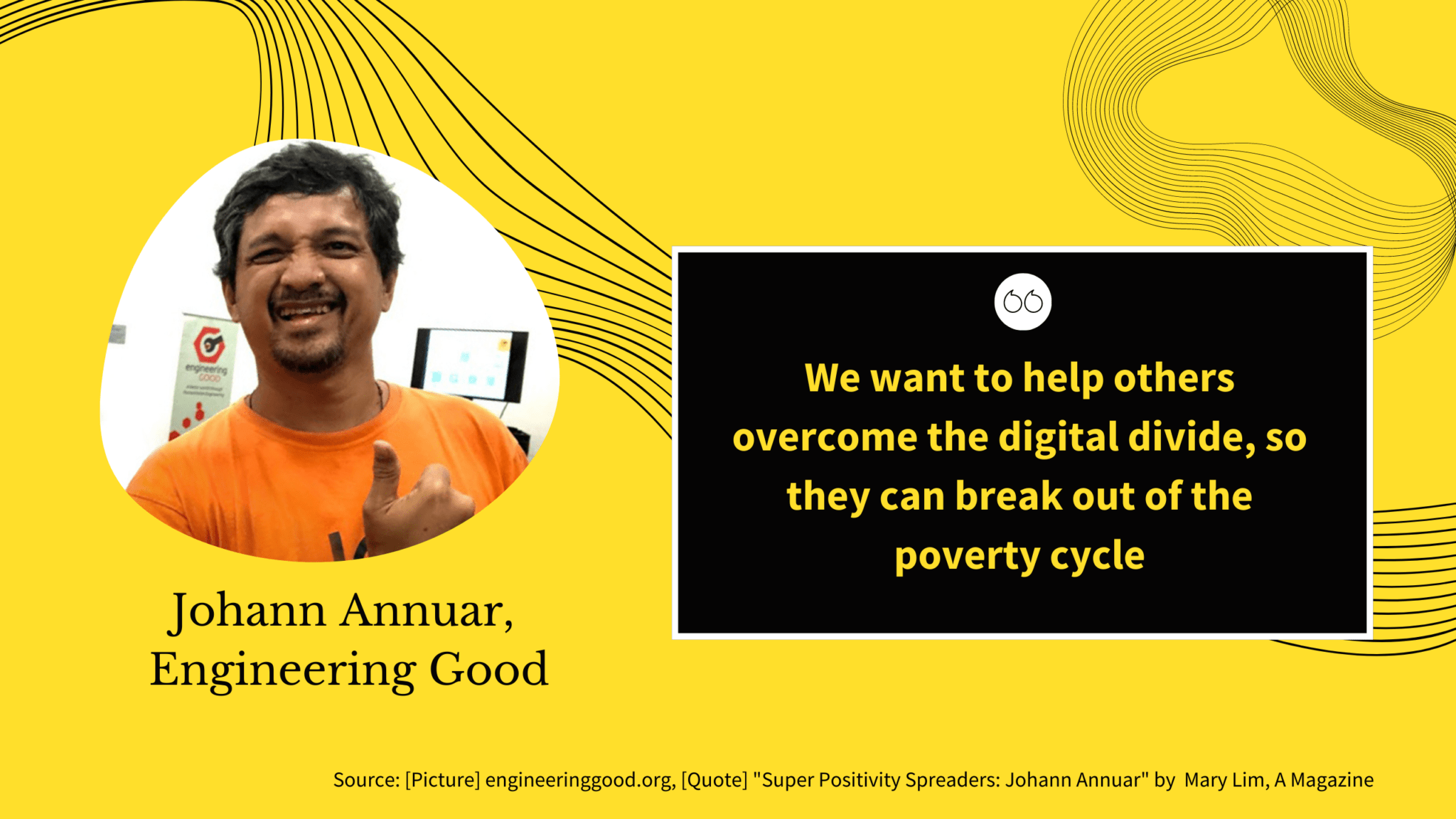
8 April 2020 — That’s when the shift to full home-based learning occurred in Singapore. Singaporean students had to adjust to the new norm, but there was a group of students who would struggle more so than ever.
For students in low-income communities who lacked digital devices, the shift to home-based learning made it difficult for them to continue learning from home, surfacing a Digital Divide.
Engineering Good started to play a part in bridging this divide.
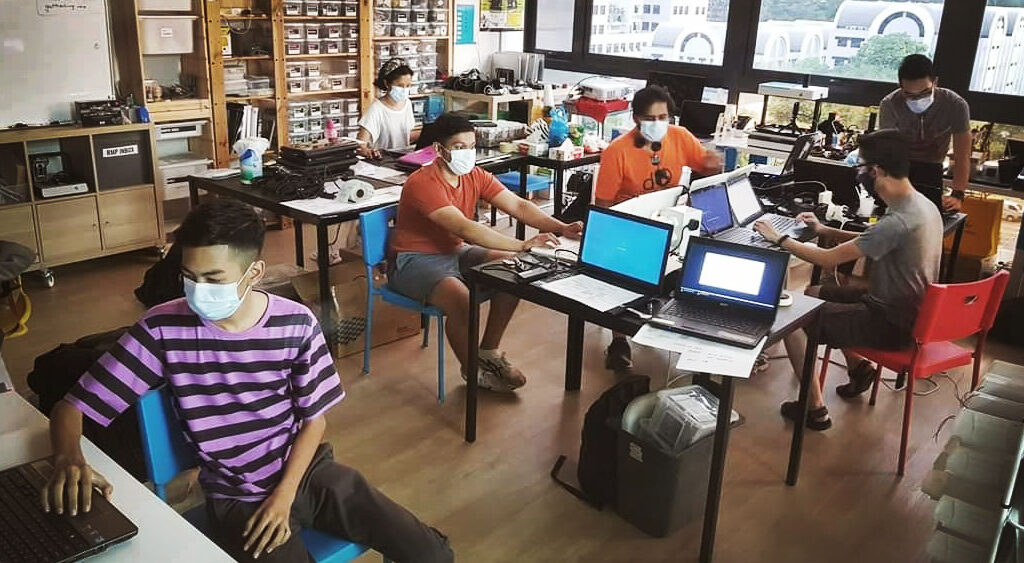
Their initiative, Computers against COVID, collected and refurbished over 3000 old laptops that were distributed to disadvantaged communities to help with Home-Based Learning.
With refurbished laptops that allowed low-income students to participate meaningfully in classes, Engineering Good ensured that these students would not fall behind in their studies.

Even before the pandemic, Engineering Good had played a pivotal role in empowering Persons with Disabilities (PWDs) through sustainable engineering solutions.
One initiative would be their We Hack Care! workshops that allow participants to learn how to DIY and repair simple low-cost assistive devices or toys for PWDs and/or children with special needs.
Be it through promoting inclusivity or providing education on assistive technology, Engineering Good hopes that they might empower PWDs to develop independence and thrive. Read more about their work here.
Further Possibilities
In summary, Civic Technology utilises innovative technology solutions to address the needs of a community. It could also be used to enhance the relationship between people and the government. In the hands of a changemaker, Civic Technology can continue to empower the lives of many.
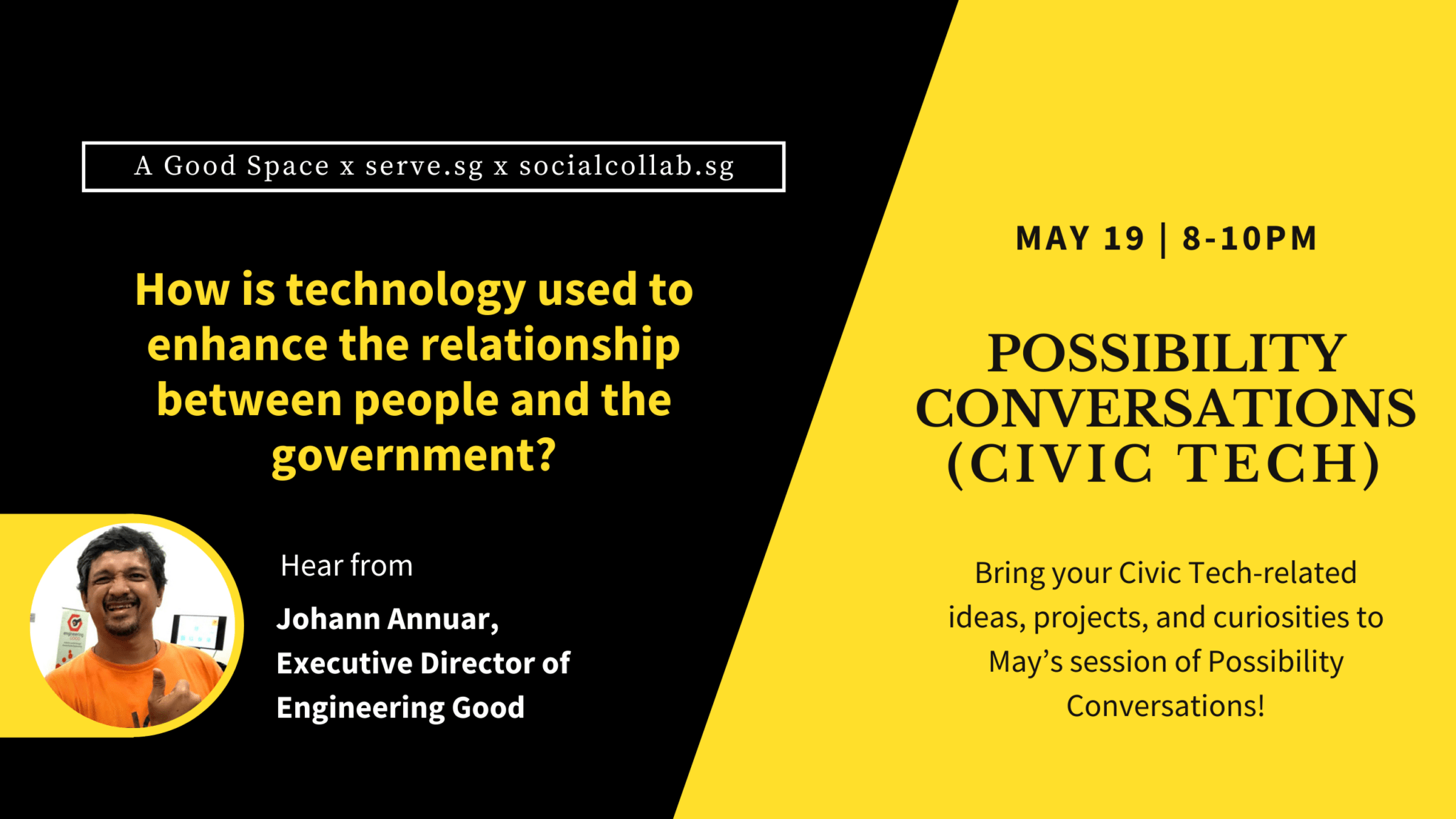
If you are excited by the possibilities that Civic Technology can create for our society, we welcome you to join in at our upcoming event, Possibility Conversations (Civic Tech) and hear from Johann Annuar, who is the Executive Director of Engineering Good!
Whether you are simply curious about Civic Technology or have a project you would like to receive feedback on, Possibility Conversations seeks to be a platform where you can meet other changemakers interested in Civic Technology and hear how they are using it to create change.
Sign up here to join the conversation: https://pocomay21.peatix.com/
Let us explore the possibilities technology can bring to the communities we care about!
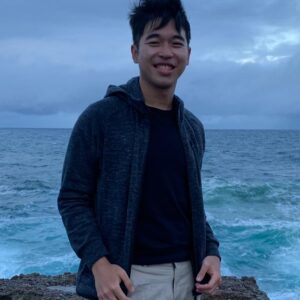
Amos Liau
Amos is a Programmes and Special Project Intern at A Good Space. He loves a good book as much as loves a warm plate of Char Kway Teow.
